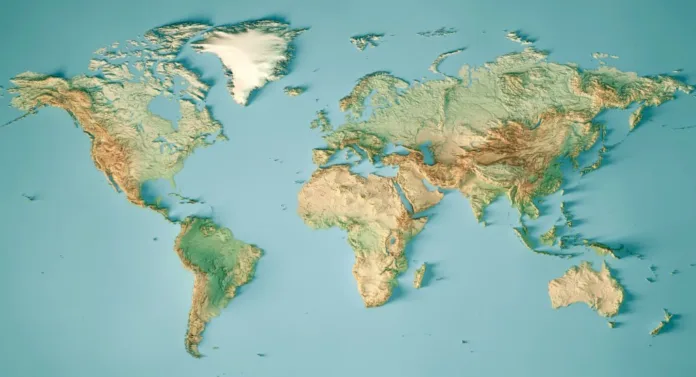Corruption is a major problem in many countries around the world. It can take many forms, such as bribery, extortion, and nepotism. Corruption can have a negative impact on a country’s economy, its political stability, and its social welfare.
There are many factors that contribute to corruption, such as weak institutions, lack of transparency, and a culture of impunity. However, there are also many countries that are working hard to fight corruption. These countries have put in place strong anti-corruption laws and institutions, and they have created a culture of transparency and accountability.
Here are the top 10 least corrupt countries in the world, according to the 2022 Corruption Perception Index (CPI) by Transparency International:
1. Denmark at a score of 90
2. Finland at a score of 87
3. New Zealand at a score of 87
4. Norway at a score of 84
5. Singapore at a score of 83
6. Sweden at a score of 83
7. Switzerland at a score of 82
8. Luxembourg at a score of 81
9. Netherlands at a score of 80
10. Germany at a score of 78

These countries have a number of things in common that contribute to their low levels of corruption. They have strong institutions, such as independent judiciaries and free media. They also have a culture of transparency and accountability, where public officials are held to high standards of conduct.
In addition to these top 10 countries, there are many other countries that are making progress in the fight against corruption. These countries are working to strengthen their institutions, improve transparency, and create a culture of accountability.
Fighting corruption is a long and difficult process, but it is essential for the development of a fair and just society. The countries that are working hard to fight corruption are setting an example for the rest of the world.
Here are some of the things that these countries are doing to fight corruption:
- Enacting strong anti-corruption laws: These laws should make it clear that corruption is a crime and that there will be consequences for those who engage in it.
- Creating independent institutions: These institutions should be responsible for investigating and prosecuting corruption cases. They should be free from political interference.
- Promoting transparency: This means making government information more accessible to the public. It also means ensuring that public officials are accountable for their actions.
- Cultivating a culture of integrity: This means teaching citizens about the importance of honesty and ethics. It also means creating a social environment where corruption is not tolerated.
The fight against corruption is an ongoing battle, but the countries that are making progress are showing that it is possible to create a more just and equitable society.




